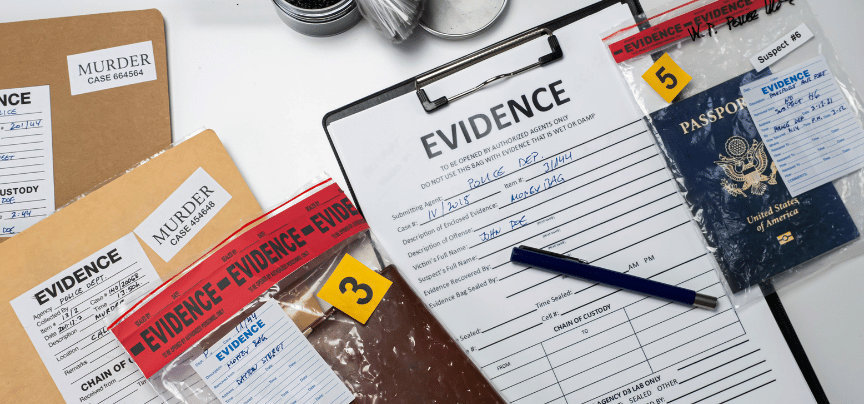
In February 2015, the Massachusetts State Police observed a vehicle with broken tail and brake lights. The vehicle had illegally tinted windows but was otherwise properly titled and registered. The driver did not immediately stop and was continuously followed for five miles by police before being pulled over.
Using an onboard computer, the officer determined the driver had previously been convicted of firearm violations, drug offenses, plus assault and battery on a police officer. However, he had no outstanding warrants nor had he committed any traffic violations. When stopped, the suspect seemed extremely nervous, was not making eye contact, stuttered when he answered questions and offered information unrelated to the stop.
During a subsequent search with the suspect standing nearby in handcuffs, officers revealed a large amount of cash in the suspect’s pockets and marijuana in the glove box. Consent was given to search the trunk in which illegal drugs were located, finding roughly two thousand bags of heroin.
The defendant claimed the state troopers unreasonably detained him beyond the time required to accomplish the purpose of the traffic stop and the evidence from the trunk should be suppressed.
The Supreme Judicial Court of Massachusetts agreed and sustained the defendant’s motion to suppress, stating that the police prolonged a routine traffic stop unnecessarily in their opinion for Commonwealth v. Gabriel Cordero:
“Once a police officer has completed the investigation of the defendant’s civil traffic violations, and the facts do not give rise to reasonable suspicion of criminal activity, the officer is required to permit the defendant to drive away.”
In this case, there was a lengthy period of time waiting for the arrival of two additional officers. Nothing during the traffic stop provided the police with reasonable suspicion for a drug investigation and once the tasks related to the initial stop ended, it was unreasonable for the police to continue investigating for a potential crime.
In Florida v. Royer, 460 U.S. 491 (1983), a ruling upheld by the United States Supreme Court, it is stated that traffic stops “must be temporary and last no longer than is necessary to effectuate the purpose of the stop.”
Since there was no evidence that this gentleman had committed a crime beyond anxious behavior, he should have been allowed to leave after the officer investigated his minor tinted window and taillight infractions. Even though there were drugs and suspicious cash found, since they were discovered under pretenses that did not respect the ruling of Rodriguez v. United States, that evidence was suppressed. This left the prosecution with no case.
In summation: Police officers are only allowed to conduct traffic stops that last the length of time required to investigate their reasoning for the stop. They cannot, for example, decide to search your vehicle for no reason. They must establish probable cause, have a warrant, or be given consent by you.
